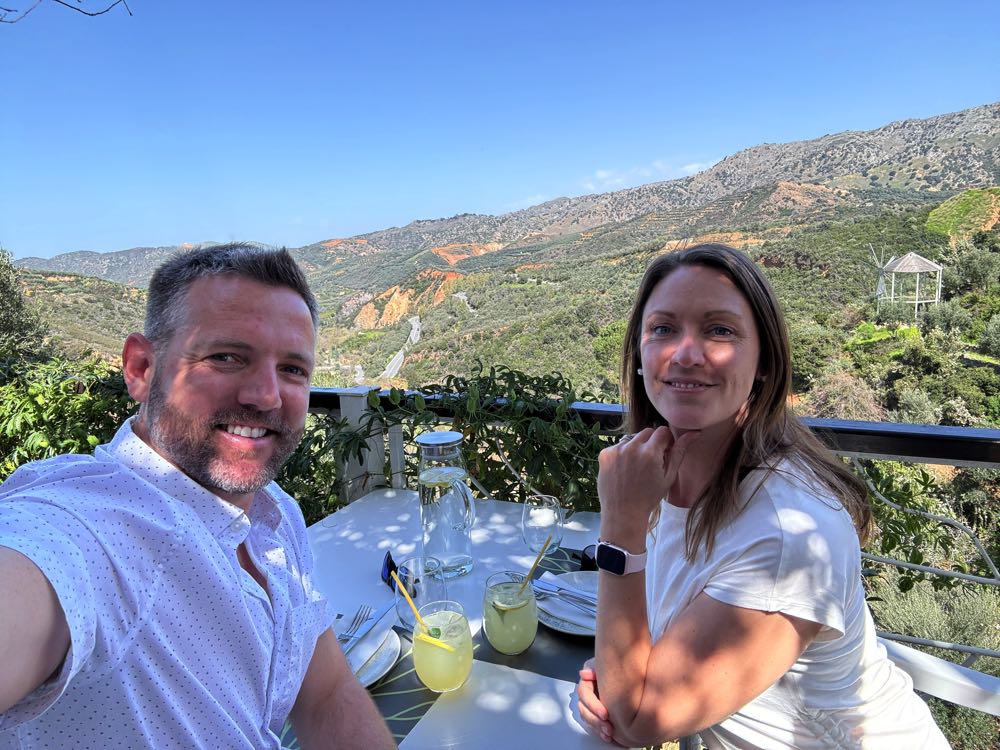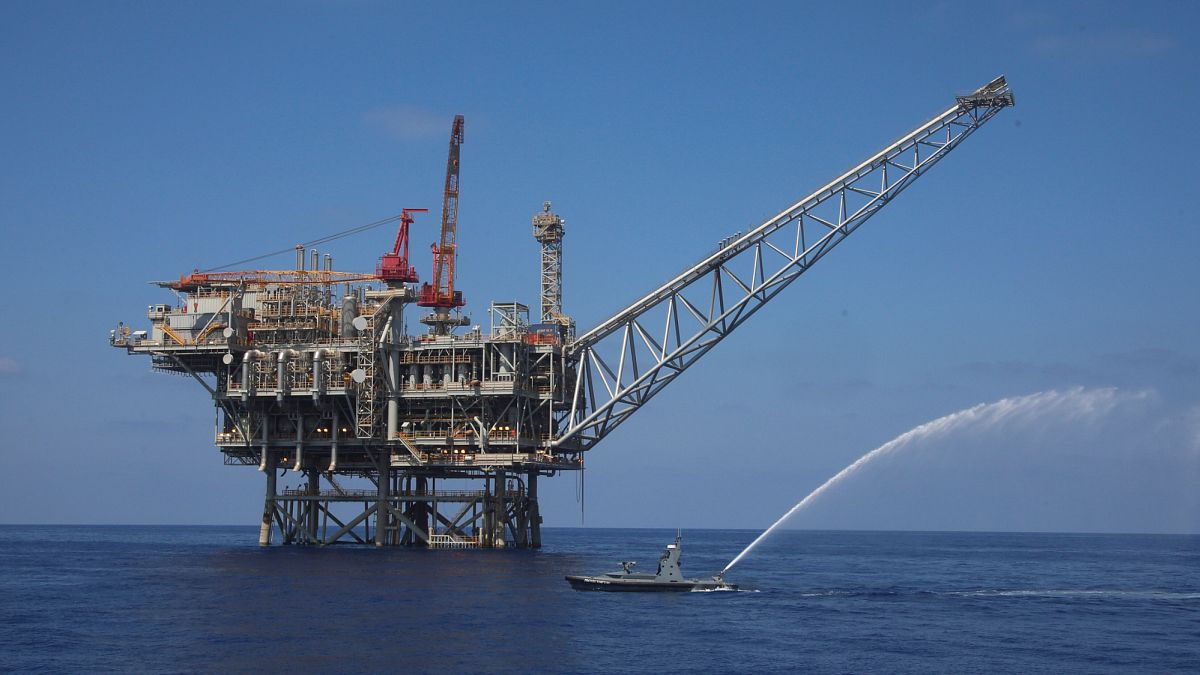Association: Purchasing raw materials from the USA is a bad signal for EU climate policy

Prague – The purchase of American energy commodities, which the EU promises in the customs agreement, is a poor signal for European climate policy. In such a case, the Union would have to nearly triple its current imports, especially of gas and oil. This could contradict the EU’s decarbonization priorities, and in practice, it is an unrealistic plan. This was stated by representatives of the Association for International Affairs (AMO) at today’s meeting with journalists.
The United States and the European Union last week concluded a framework trade agreement, which includes a 15 percent cap on tariffs for most imports from the EU to the USA, including cars, pharmaceuticals, semiconductors, and wood. The EU also committed to purchasing American liquefied natural gas (LNG), oil, and nuclear energy products worth $750 billion (15.8 trillion CZK) by 2028.
The association is particularly unhappy with the agreement on the import of energy raw materials from the United States. It pointed out that the overwhelming majority of imports should consist of gas and oil, while nuclear technologies will be in the minority. According to the association, it is questionable how such a high import plan will align with the Union’s existing decarbonization plans. In this context, it recalled data from research indicating that importing American LNG across the ocean is more environmentally demanding than burning domestic coal.
Among other negatives of the agreement, the association included the threat of dependence on a single supplier, at a time when Europe is just getting rid of its dependence on Russia.
AMO representatives also disagree with the arguments of some EU officials that this is a plan only for the next three years, while the Union’s decarbonization goals are much longer. According to the association, this is a form of scapegoating.
American President Donald Trump and European Commission President Ursula von der Leyen announced the agreement on July 27 at Trump’s luxury golf course in Turnberry, Scotland, after an hour-long meeting that followed months of negotiations. Both parties officially confirmed the agreement a week ago. (August 28)












































